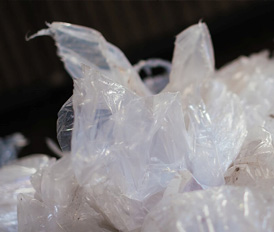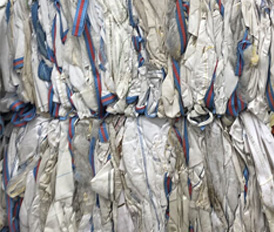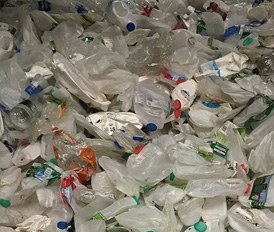Crisis Point: Plastic Pollution
by George Kiernan
Pakire Polymers News
Plastic Pollution
Over the last several decades the rate at which we produce and consume plastic has increased dramatically, and so too has the problem of plastic pollution. Over 380 million tons of plastic is produced every year and reports suggest that in excess of 50% of it is for single-use products and purposes. Estimates for the amount of plastic that we dump into our oceans every year range from 10-14 million tons – over 8 million pieces of plastic a day.
The effects of this are catastrophic; plastic pollution kills over 1 million sea birds and over 100,000 marine animals every year, and 1-in-3 fish caught is found to have plastic in the contents of its stomach.
Research
An example of how big a problem this is can be seen when we look at the most isolated parts of the world. A study from the University of Tasmania, published in the journal Nature, investigated the amounts of plastic pollution in one remote island chain in the Indian ocean. The researchers found over 238 tons of plastic, more than 414 million individual pieces, polluting these small, secluded islands.
Jennifer Lavers, the lead author of the study, said, “Islands such as these are like canaries in a coal mine and it’s increasingly urgent that we act on the warnings they are giving us. Plastic pollution is now ubiquitous in our oceans, and remote islands are an ideal place to get an objective view of the volume of plastic debris now circling the globe.”
Great Pacific Garbage Patch
A famous example that most people are aware of demonstrating the scale of the plastic pollution problem is the Great Pacific Garbage Patch. This is an area in the North Pacific where an enormous island twice the size of Texas comprised of marine plastic debris is floating. The Great Pacific Garbage Patch contains around two trillion individual plastic items and weighs over 80,000 tons. The threats this and other collections of plastic waste in the ocean pose to marine wildlife and ecosystems are endless and have knock-on effects on life around the world.
Plastic pollution in our oceans has a number of negative impacts on human health; for example, plastic breaking down in the environment releases toxins such as bisphenol A (BPA) which can seriously interfere with hormonal function and regulation in people. Microplastics have even been found to have made their way from the environment into human organs.
Plastic Recycling
Many of us may feel we are not contributing to this problem when we put our plastic in the recycling bin, but this is no guarantee that the material is actually recycled. In many cases, the plastic waste that we ‘recycle’ often ends up in landfill anyway.
The problem, unfortunately, is that plastic waste has little to no value – at least, it is perceived to have little to no value. Companies like us here at Pakire Polymers understand just how valuable used plastics are as a resource; we have invested heavily in our recycling capabilities to realise the full potential of plastic recycling and to make it an economically viable industry. Pakire encourages governments around the world to free up funding for expanding the recycling capacity of their countries and to make legislation that will make recycling mandatory.
Plastic Pollution Treaties
Support is growing around the world for a global treaty on plastic pollution; something similar to the Paris Climate Agreement that addresses carbon emissions, but for plastic pollution. Two thirds of UN member states, as well as the EU, have stated that they’re open to such a treaty.
Climate treaties, such as Paris, have been the driving force behind innovation in new technologies that reduce carbon emissions. At Pakire Polymers, we believe plastic pollution treaties could play the same role for this issue.
We support any treaty that aims to reduce the amount of plastic pollution being generated, but we want to see the commitment to investment in recycling capabilities held as a core value of any agreement. Plastic is not going to go away, so recycling our plastic waste will be the most important factor in how we deal with this problem going forward.
Share article on your social media
More related articles
Work with Us
If you have a passion for recycling and for achieving a sustainable future, then we want to hear from you.





